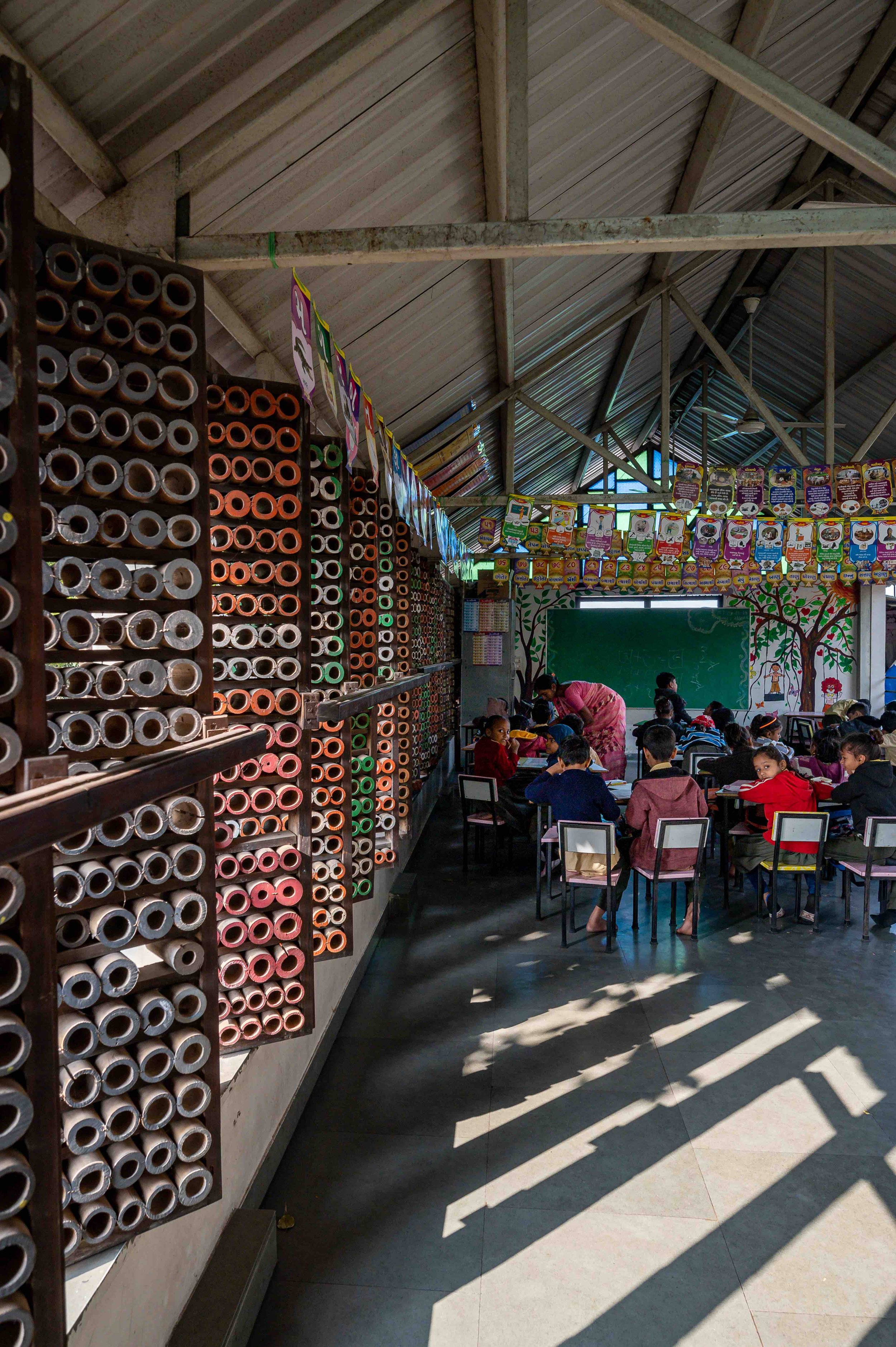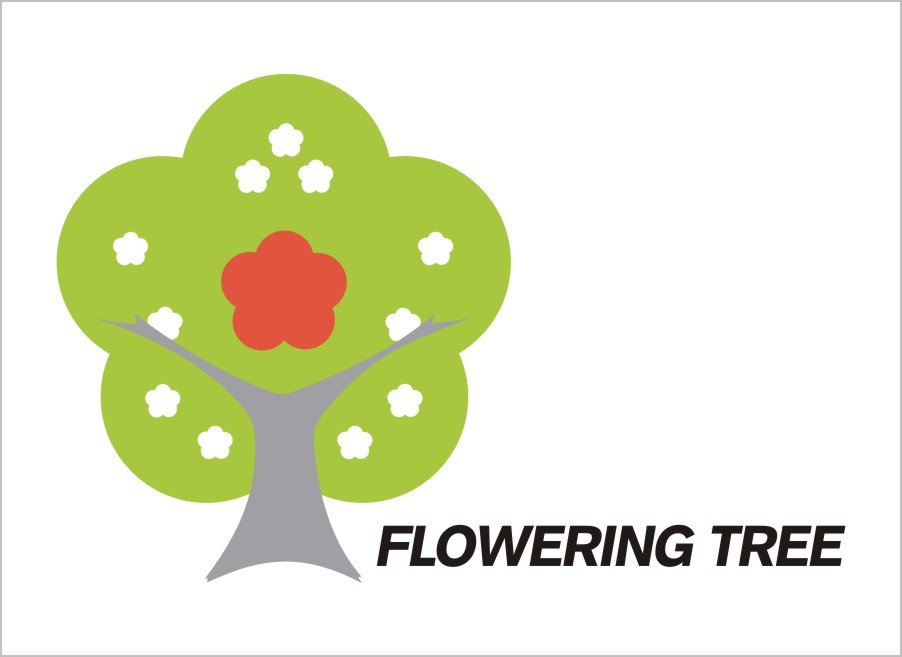
Since 2006, we have focused on the mission of women’s development and children’s education in Asia.
Sumita Ambasta and Christopher McLeod founded Flowering Tree in 2006.
Before founding Flowering Tree, they undertook a listening tour in India, where they met representatives of over 60 organizations to understand their needs, hopes and aspirations. The mission of Flowering Tree emerged from these conversations, with the recognition that women and children form the basis of community. The conversations revealed that often the first expressed need for field organizations was not funding, but manpower development and organizational capacity building. This confirmed our view that the quality and capacity of people doing the work was critical to effective work. We maintain this understanding at Flowering Tree in all our projects.
The name Flowering Tree comes from an old Kannada folktale, A Flowering Tree, (english translation by A.K. Ramanujan), which exemplifies the transformation of the young girl.
The values for Flowering Tree were drawn up over discussions that spanned research, and practices in the field in International Education and Development. Many models of developmental work exist, but the founders believed that doing developmental work is a dynamic journey. Hence static models were not the best fit. Values formed a much more robust foundation for the design of projects, as well as for developing partnerships. Only partners who shared values would be the best long-term partners for creating transformational projects. This understanding has been validated by our experience in our work.
Flowering Tree has developed several partnerships based on mutual values over the years. Our programs undertake a community driven approach, which builds bridges between different stakeholders. We have aligned all our projects to government policies, which, in our experience provide the most effective way to scale work.
In 2011, we set up a subsidiary in Singapore to explore education, skill development, and service learning in Asia. Our research through this office showed us that the way forward was to align grassroot work with the rapidly changing policy landscape in Asia and India. We also realized that moving towards formal education was the right way to help the communities in which we worked. Interpreting and aligning ourselves with changing policy landscape has required nimbleness, but it has provided desirable results.
Our successful projects have shown that culturally driven pedagogy and contextual understanding of communities provide the best way to transform communities, ultimately helping people to arrive at a greater sense of agency in their own lives.
